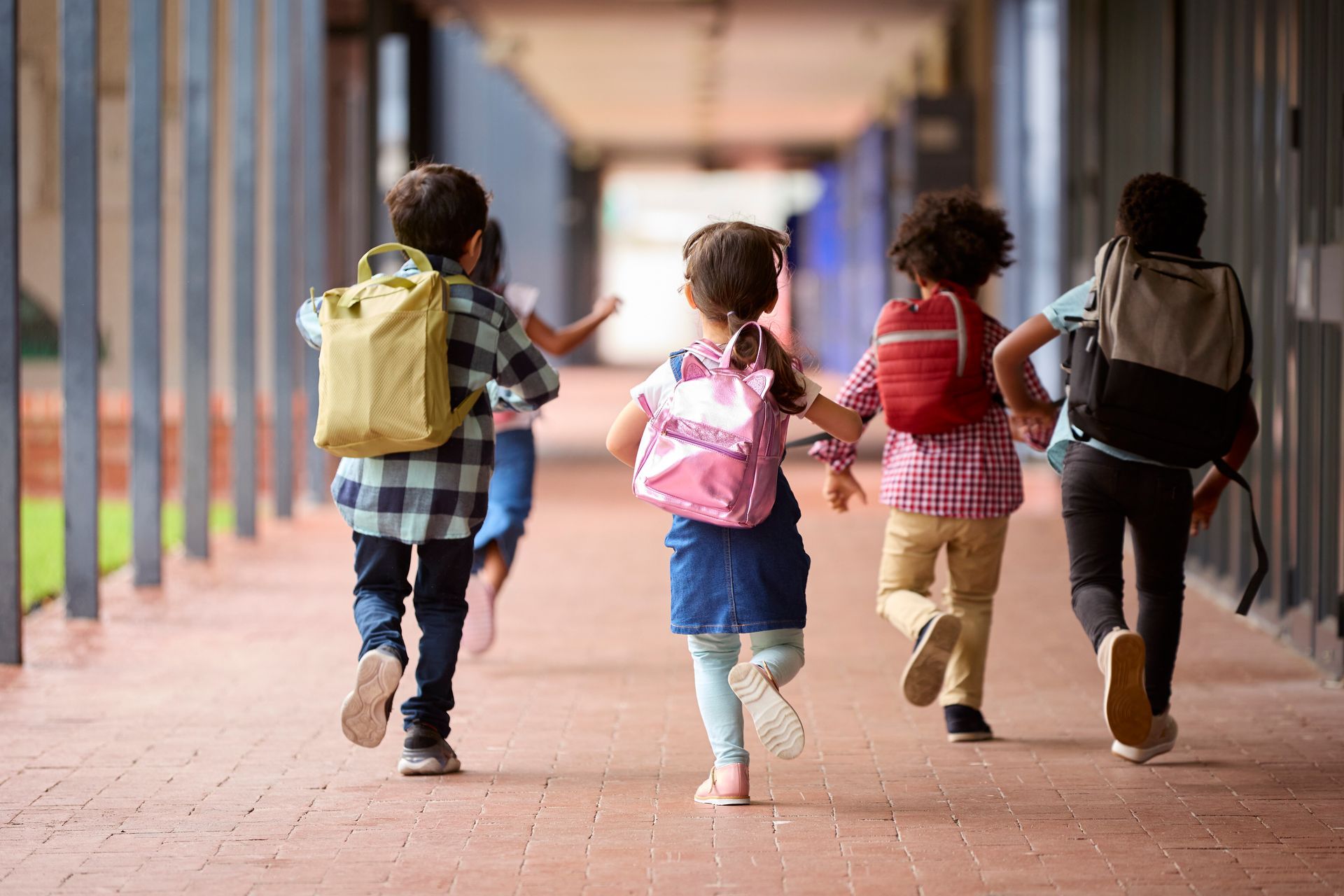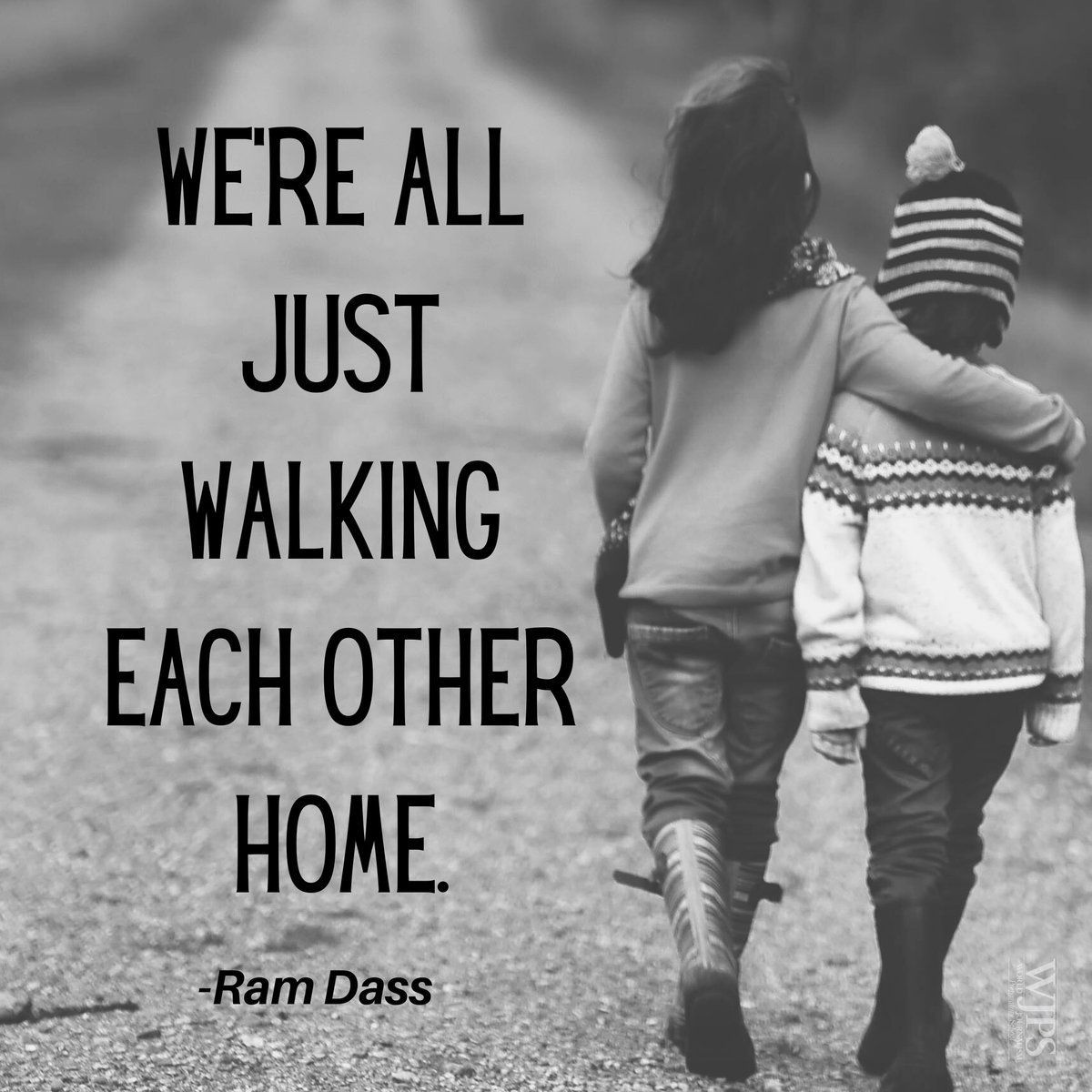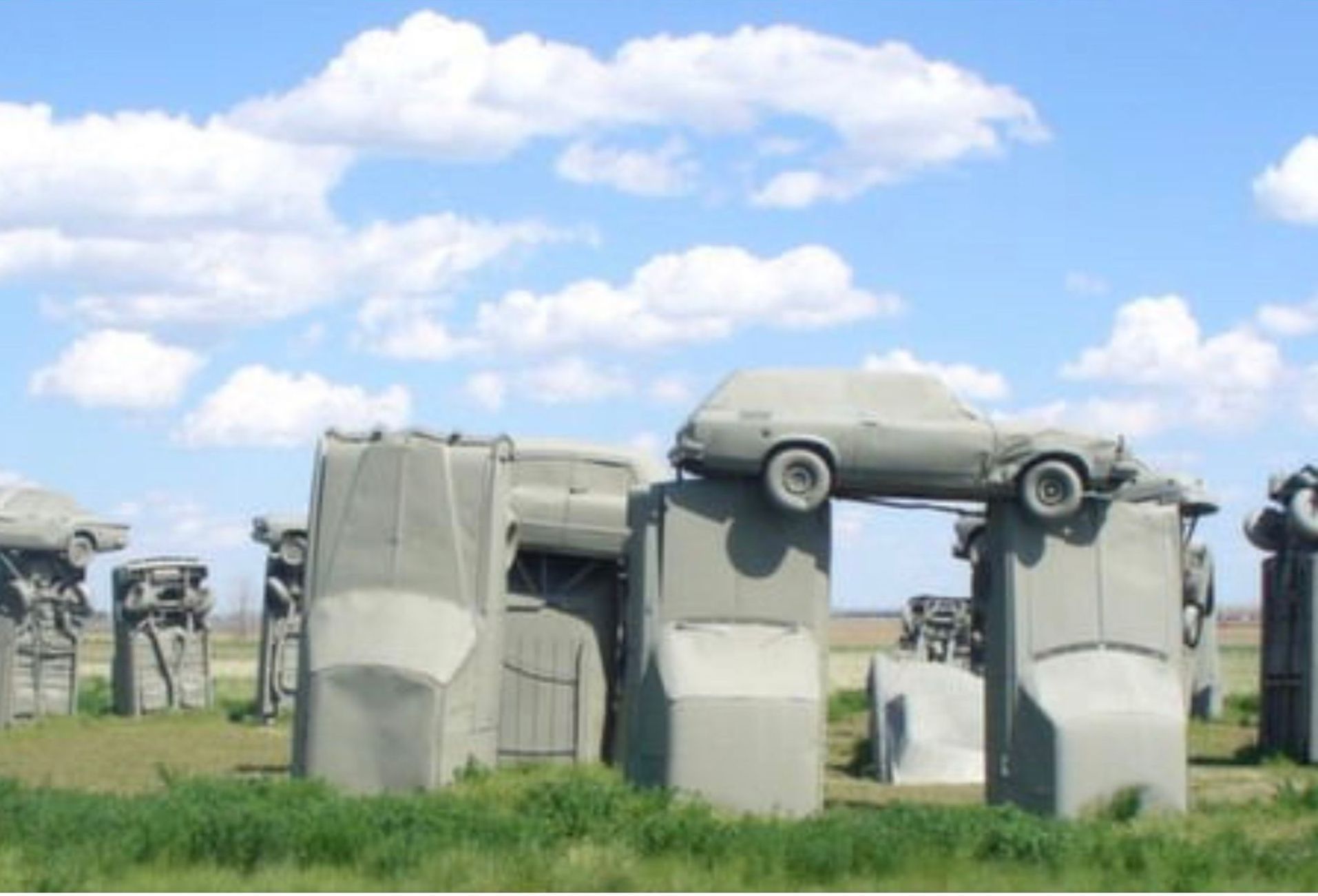By K Grieve
•
November 25, 2025
A Note Before You Read Before you read this post, I want to offer a small warning. This piece isn’t my usual stroll down memory lane or a lighthearted SassyThoughts remembrance. It enters an area that is heavier, darker, and far more unsettling than what I typically share. It’s a story that has frightened me, and left its mark in ways I didn’t understand at the time. It’s a story about murder! If you prefer the gentler reflections, feel free to skip this one. But if you choose to read on, just know you are following me into a memory that is chilling. ……………………………………………………………………...................................................................................................... Death has always scared me. That realization did not come gently. It arrived harshly! It scared me even before I fully understood it. The fear of death was planted in me in grade two at St. Patrick’s Parochial School in Victoria, B.C. Sister Mary Doleena, my favourite teacher, told us that Jesus died on the cross to save our immortal souls. I remember the way sister said “died”. It seemed so final and I wanted it to go away. The idea of a man suffering, bleeding, nailed to a wooden cross filled me with dread. Even at seven, something in me resonated: death is real, and none of us can escape it. Years later, when I was nine, I met a girl riding her bike with a printed scarf on her bald head. I told my mother I met a new friend but that she always wore a scarf tied tightly around her head. None of her hair was showing and I wondered why? My mother explained that she knew that my friend had cancer, a cruel disease that could take her life. Another snapshot on death. But nothing-absolutely nothing-prepared me for what happened in September 1975. The memory still comes hauntingly back, stirring feelings I thought I had long forgotten. I was newly separated, living in a small slanted-floor house in Winnipeg with my one-year-old son, Noah, and my friend Jill. I was working in an Affirmative Action program called New Careers, which helped mostly indigenous adults (many from small communities and / or reserves in Manitoba) to find employment after receiving two years of job training. Jill and her colleague Marilyn taught at an inner-city “alternative” school called Robertson House; it was stressful, challenging work. The school’s aim was to help kids whose challenges prevented them from success in a typical public school. Marilyn lived a few blocks away from us in an older two-story home with a veranda and creaking floors. She lived alone, but had a boyfriend named Mike who was a fellow teacher at the school where she taught. She was separated from her husband, who, as I recall, lived in Winnipeg. Every school-day morning, Jill was picked up by Marilyn and the two of them made their way to Robertson House. They were not only coworkers, but also good friends. One evening, the teaching staff from Robertson House met in my living room for their first meeting of the year. It seemed like it was a positive and productive meeting, and I came home just as the group was leaving. Marilyn was smiling as she slipped on her jacket. I had no idea it would be the last time I’d ever see her alive. The next morning, as usual, Jill was waiting to catch a ride with Marilyn outside our front door. I had taken Noah to daycare and came back home to get ready for work. I was very surprised when Jill burst through the front door, shaking. “Marilyn has not picked me up; I went by her house and the back door is ajar.” she said as she trembled. “Something there isn’t right,” she said. Her face was tense and her eyes were wide. There was something in her voice, cold and fearful, that made my stomach heave. I said “We’ll go together and see what is happening.” I grabbed my green winter coat and the two of us flew out of the house. We ran the few blocks to Marilyn’s home, the early fall air stinging our cheeks. The neighborhood was so quiet. There was no wind, but we felt a chill in the air. When we reached Marilyn’s yard, her back door menacingly hung open. Inside, the kitchen felt wrong. The kind of wrong that felt eerie. Her cat was licking at food on the counter, but the air was too still, too heavy. We called her name. ‘Marilyn, Marilyn!” No response. We climbed the narrow stairs slowly. Me first, Jill behind, each step creaking loudly, like a warning. At the top of the landing, I looked into the master bedroom. And the world stood still. Marilyn was face down on the bed. Blood everywhere: splattered, pooled, smeared in a way that instantly told me something horrific had happened here. A metallic smell filled my nostrils. My body froze and then I shook with a terror I had never felt before. The grisly image before me was soon to be etched into my memory forever. For a moment neither Jill nor I could breathe. Then instinct took over. There was a rotary phone mounted on the stair landing. I heard myself shout, “Jill! Call 911!” Jill’s hands were trembling. She fumbled as she attempted to dial. She was sobbing, unable to get a number to turn fully around the wheel. “Give it to me!” I yelled, grabbing the phone from her. When the operator answered, the words tore out of me: “We’re at our friend’s house. She’s face down on the bed. There’s blood everywhere!” My voice sounded like it belonged to someone else. I can still feel that moment: the cold air burning my lungs as panic washed over me. The knowledge that death wasn’t an idea anymore was real. It had a smell. It had a presence. Totally panicked, Jill and I stumbled down the stairs, nearly tripping over each other, and we burst out the front door. I remember propping open the screen door, as if to allow air to cleanse the atmosphere. We ran all the way to the boulevard and stood there shaking, looking up and down the street as if the police could somehow save us just by arriving fast enough. A young policeman arrived alone, and asked me directly “Is she dead?” “I don’t know, I didn’t check,” I said nervously. We waited on the lawn as the young officer entered the house and ascended the stairs. A few minutes later, he came back down, shaking. He took our names and our address, and told us to go home-despite the fact that this was now a crime scene, and we were the only witnesses. Jill and I clung to each other as we made our way back to our house. Could the murderer be someone we knew? What if we were next? We climbed the steps up our porch and, terrified, we crept into our house. I rushed to the kitchen and grabbed the biggest knife I could find. Together, we moved from room to room, checking every corner, hoping that we found no one waiting for us. Luckily, no one was there, and we were free from danger. The young officer from the crime scene gave our address to two detectives that then showed up at our house. We were put into their vehicle and taken down to Winnipeg’s downtown station, and put into a little windowless room for questioning. As we waited to be interviewed, next door we could hear the sobbing of Marilyn’s boyfriend Mike as he was questioned about Marilyn’s death. The details sickened him, and we could hear the sound of him vomiting through the walls. In the days that followed, the truth of what happened to Marilyn emerged, and it was more terrifying than anything I could have imagined. Marilyn and her ex-husband had taken in a troubled teenaged boy called Allen, as a kind of foster child. They wanted to help him find stability, structure, and hope-things his troubled life had never offered him. While living with Marilyn and her husband, Allen worked a paper route, but instead of delivering to his customers, he began stealing their subscription money. Marilyn discovered what he was doing and felt it her duty to “rat him out.” She did what any responsible adult would have done: she reported him. The consequence for young Allen was swift. He was sent to a rough youth detention centre in Saskatchewan. The environment there was harsh and punishing. At fourteen, anger overtook him and he directed that anger at Marilyn. A few years later, Allen escaped the detention centre, and he came straight back to Winnipeg. Not to find help. Not to start over. Maybe not even to seek vengeance. Maybe just to steal whatever he could? Regardless of the motivation, the end result was brutal. In the early hours of that September morning, in the quiet of her home, he beat Marilyn to death with a hammer that belonged to her. Did she stumble upon him as he was stealing from her? We will never know. Regardless, the brutality of it is unconscionable. The combination of his tough youth and the kindness of the victim is almost too much to comprehend. Even now, the senselessness of it all sits heavy. Marilyn had opened her door to him, and he repaid her with a violent death. Knowing this didn’t lessen the horror of what Jill and I found that morning. If anything, it deepened it. The unpredictability of a human who is consumed by rage is overwhelming. Marilyn’s decision to report Allen to the authorities led to her tragic death. Frightening memories are difficult to suppress. While this is an unusual experience for most people, I believe it’s worth sharing. Writing this particular blog entry has brought back a traumatic experience-one that is both a unique and terrifying-yet this is still an experience and a memory that I have lived through. Is it cathartic? I hope so. As we age, death creeps closer. It is not an illusion but is something inescapable. People say the runway gets shorter, and it does. But Ram Dass said it best: “We are all just walking each other home!” Some of us stumble. Some vanish suddenly. But the rest of us keep on walking, because in the end, that’s all any of us can do.




